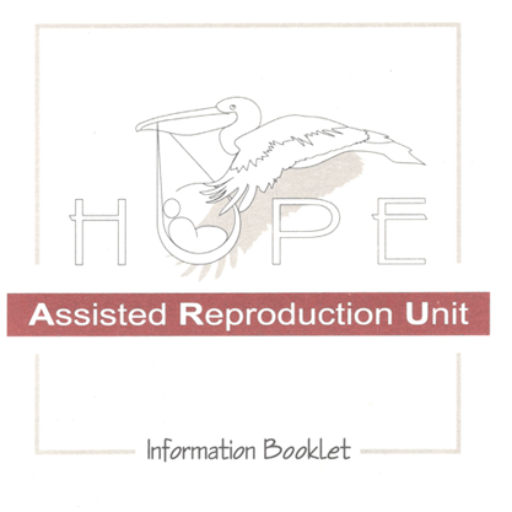FAQ
Frequently Asked IFV Questions
Age is arguably the most critical factor influencing fertility. Both men and women experience a decline in fertility as they age, but the decline is more pronounced in women due to the finite number and declining quality of eggs in the ovaries.
While some fertility issues may be prevented or mitigated through lifestyle changes such as maintaining a healthy weight, avoiding smoking and excessive alcohol consumption, and practicing safe sex to prevent sexually transmitted infections, factors like age-related decline and genetic predispositions cannot be entirely prevented.
Stress can potentially impact fertility by affecting hormone levels and disrupting ovulation in women, and sperm production in men. However, the exact relationship between stress and fertility is complex and varies from person to person.
Typically, healthcare providers recommend that couples under 35 try to conceive for at least one year before seeking medical help if they haven’t achieved pregnancy. For couples over 35, it’s advisable to seek medical assistance after six months of trying due to age-related declines in fertility.
- The initial steps in evaluating fertility issues usually involve basic tests such as assessing ovulation in women, semen analysis in men, and evaluating any underlying health conditions or lifestyle factors that may affect fertility. These assessments help identify potential issues and guide further diagnostic and treatment plans.






